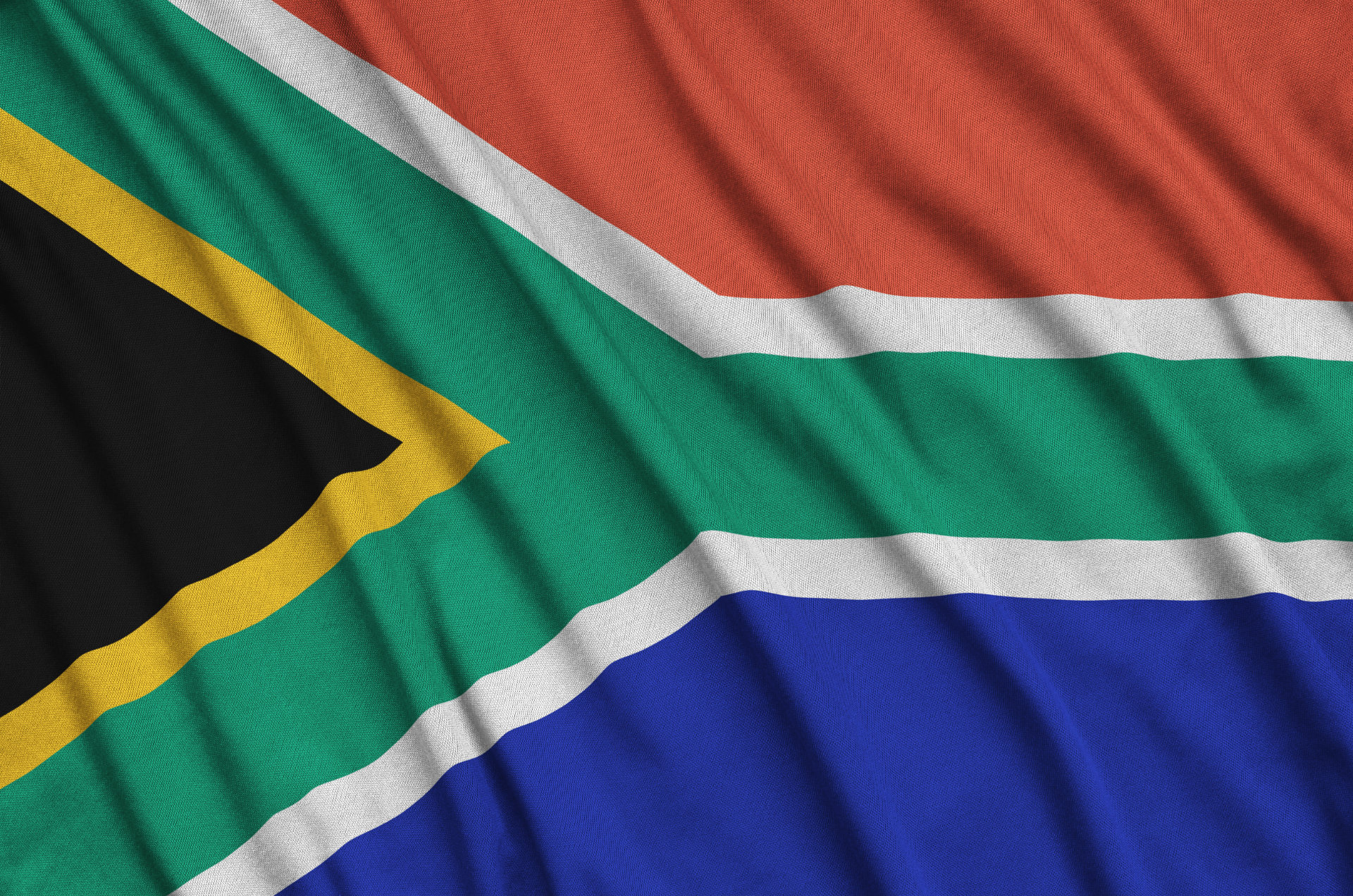
Mail & Guardian
By Nicole Fritz
Foreign policy realists tell us that the call for a more human rights-weighted foreign policy is naïve. But a strong human rights focus for South Africa’s international relations is not only the right thing to do; it’s the smart thing to do.
If South Africa isn’t quite the geopolitical dwarf that Adekeye Adebajo (“Time for SA diplomats to get real”, Mail & Guardian, June 5) would have us believe, we have to acknowledge the truth of his other styling: we’re a light-middleweight boxer and unlikely to emerge from that division any time soon.
But it is precisely this rather undistinguished geopolitical position that makes human rights the smart choice. Human rights are, or at least were, what we’re known for. From the very beginning of our democracy they have also been expressly held up as the cornerstone of our foreign policy.
South Africa’s much-admired reckoning with its past, characterised by systematic human rights violations, meant it was much in demand as a global mediator for conflicts like those in East Timor, the Middle East and Northern Ireland. It was South Africa’s moral stature, and not its real geopolitical significance, that allowed it to play leading roles in unprecedented global developments, like the establishment of the first ever permanent International Criminal Court (ICC).
If South Africa is serious about leading reform of multilateral institutions and securing more equitable representation, it will have to build constituencies not only among like-minded states, but also among the populations of those powers most likely to resist such efforts — Europe and North America.
And the people in countries like France or the United States most likely to care about greater equality in institutions like the United Nations and the World Trade Organisation are exactly the same people most likely to care about human rights violations in countries like Myanmar or about the decriminalisation of homosexuality — issues South Africa has, over the past few years, been unwilling to promote in international forums such as the United Nations supposedly on institutional grounds.
The issue of the ICC gives Jacob Zuma’s diplomats the opportunity to show that they can do better. This week representatives of African states meet in Addis Ababa and are expected to focus on Africa’s response to the ICC’s role on the continent. There is much unhappiness at the ICC’s current exclusively African-focused docket. A number of commentators charge that Africa is being used as the ICC’s experimental guinea pig.
Time and again, defenders of the court explain that three of the four African situations under investigation were referred to the court by the African states themselves. Still, that doesn’t address the concern that once again Africa is portrayed as having a monopoly on barbarism and brutality.
And South Africa is right to the extent it says to the court, “Look, you risk alienating a hugely important constituency if you don’t look to adding to your docket gross human rights situations in other parts of the world — and not only in the developing world.”
But South Africa is wrong when it appears to advance the agenda of Sudan’s President Omar al-Bashir, responsible for the deaths of thousands and the displacement of millions. He charges that his indictment by the court is racist and urges a position of African solidarity, threatening withdrawal from the ICC.
Concerns about the court’s focus, however, do not warrant Bashir’s conclusions. Given the historic role South Africa played in the court’s formation, it is well-positioned, even obliged, to push back against the crude discourse of Bashir, insisting that those responsible for barbarism and brutality, wherever they are committed, are held accountable.
When South Africa’s foreign policy can walk this middle line, holding consideration for human rights and fairness at its centre and eschewing absolutist, zero-sum positions in favour of deft, subtle discourse, then South Africa, on the international stage, will once again be able to “float like a butterfly, sting like a bee”.
Nicole Fritz is the director of the Southern Africa Litigation Centre Source: Mail & Guardian Online



